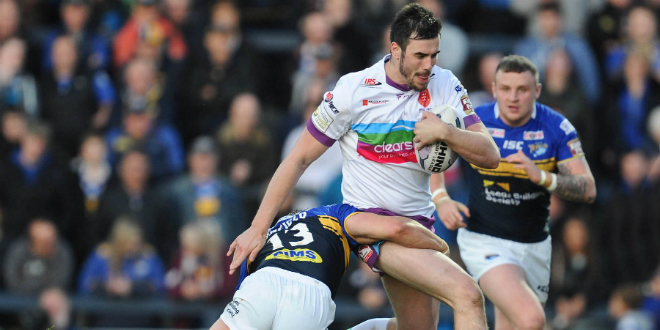 Every year there are some tremendously positive stories that come out of Rugby League.
Many of them are currently featuring in our annual League Express series setting out the 50 most significant and memorable moments of the year.
But unfortunately we sometimes have to deal with stories that are tragic, such as Rob Burrow being diagnosed with
Every year there are some tremendously positive stories that come out of Rugby League.
Many of them are currently featuring in our annual League Express series setting out the 50 most significant and memorable moments of the year.
But unfortunately we sometimes have to deal with stories that are tragic, such as Rob Burrow being diagnosed with Talking Rugby League: The tragic story of Jordan Cox
 Every year there are some tremendously positive stories that come out of Rugby League.
Many of them are currently featuring in our annual League Express series setting out the 50 most significant and memorable moments of the year.
But unfortunately we sometimes have to deal with stories that are tragic, such as Rob Burrow being diagnosed with
Every year there are some tremendously positive stories that come out of Rugby League.
Many of them are currently featuring in our annual League Express series setting out the 50 most significant and memorable moments of the year.
But unfortunately we sometimes have to deal with stories that are tragic, such as Rob Burrow being diagnosed with 